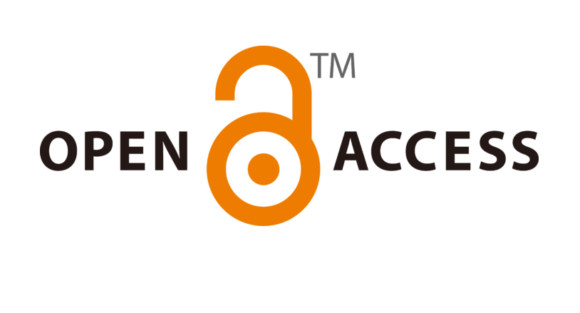
This is a reminder of the various discounted and free-of-charge options for open access publishing available to SU researchers.
In the past two years, the Library and Information Service has signed agreements with some publishers which offer discounts for publishing with open access (OA), and in some cases to publish OA without paying article processing charges (APCs). However, it has come to our attention that there are researchers that remain unaware of these benefits. We would like to encourage researchers to use these options and encourage their colleagues on campus to use them.
These are the publishers with whom we have signed free-of-charge OA agreements:
Association for Computing Machinery (ACM)
The agreement allows corresponding authors from SU to publish an unlimited number of articles OA in ACM journals free of charge.
Cambridge University Press
The agreement allows corresponding authors from SU to publish research articles in CUP journals free of charge.
Emerald
The agreement permits corresponding authors from SU to publish a capped number of articles as OA free of charge in the Emerald gold and hybrid journals to which we subscribe.
IMechE
The agreement permits corresponding authors from SU to publish an uncapped number of articles as OA in IMechE journals free of charge.
SAGE
The agreement allows corresponding authors from SU to publish an uncapped number of articles as OA in SAGE hybrid titles (SAGE Choice) free of charge. Corresponding SU authors will also receive a discount of 20% when publishing in SAGE’s gold OA portfolio of titles.
Sponsoring Consortium for OA Publishing in Particle Physics (SCOAP³)
The partnership allows corresponding authors from SU to publish OA in journals in the SCOAP³ repository free of charge. The focus is on particle physics.
Wiley
The agreement allows corresponding authors from SU to publish free of charge in Wiley’s hybrid OA journals.
These are the publishers with whom we have signed discounted OA agreements:
MDPI
Corresponding SU authors will receive a 10% discount on the APC for any paper accepted for publication by MDPI.
Royal Society of Chemistry
Corresponding authors from SU will receive a 15% discount on APCs when publishing OA with RSC. The first four articles submitted to RSC by SU authors per year will be published free of charge.
Springer Nature
Submissions under the University’s affiliation will afford researchers 15% discount on the APCs for BMC, Springer Open and Palgrave Macmillan Open titles.
For more information about the publishers and to view titles eligible for OA publishing, please visit https://libguides.sun.ac.za/OApublishing. Please also feel free to contact your faculty librarian or Caretha Nel at caretha@sun.ac.za or 021 808 4433.
Author: Caretha Nel